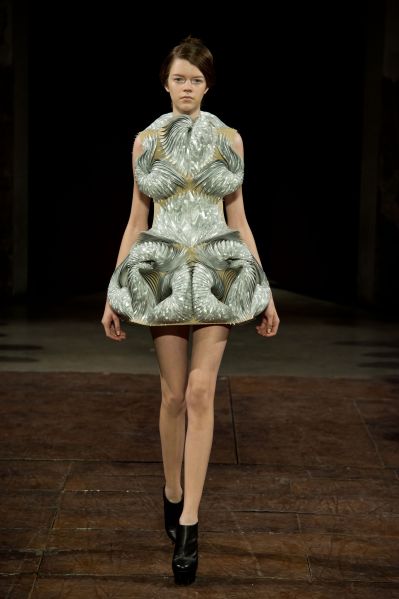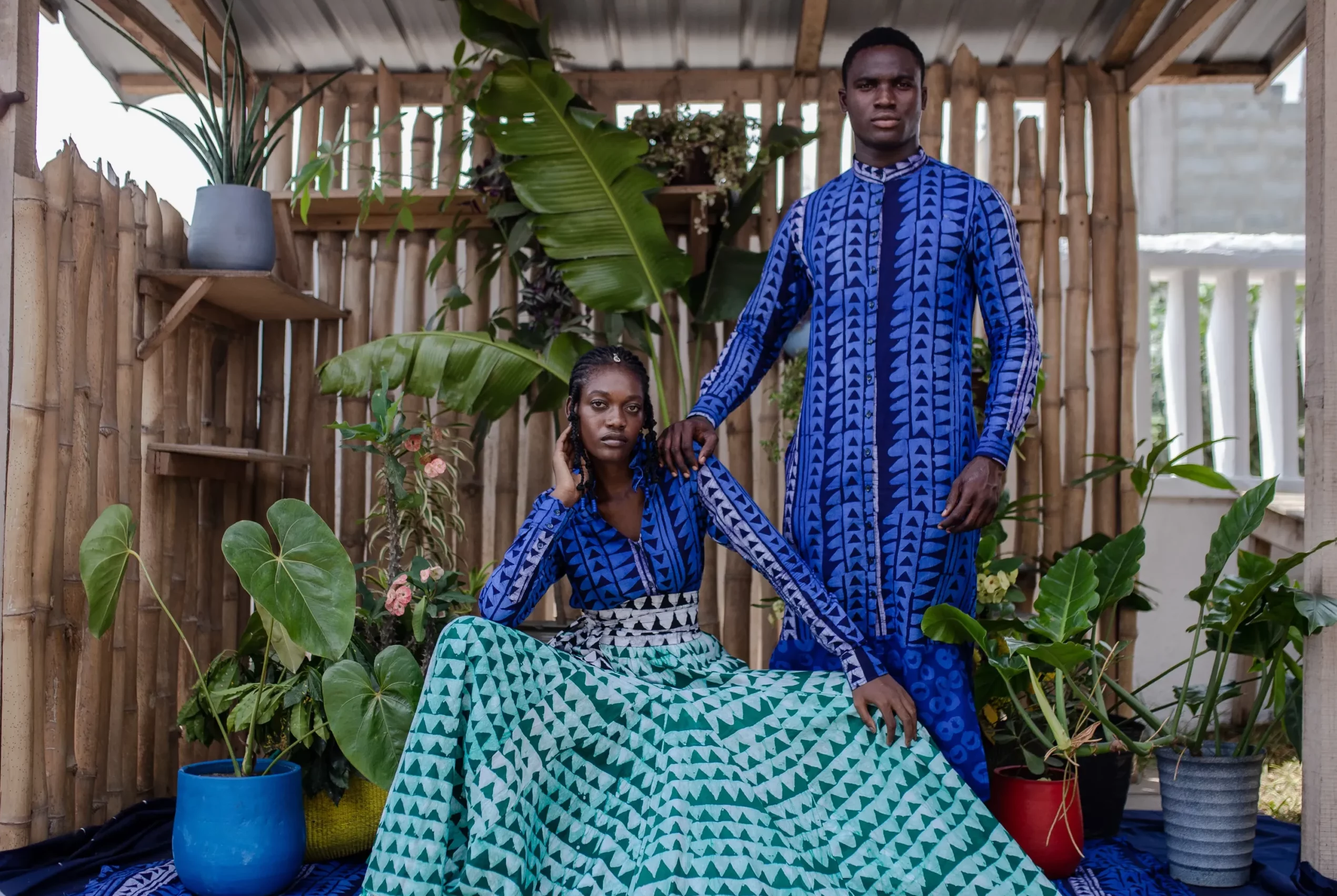Discover Affordable Luxury With the Latest Styles at Sedgars
Discover Affordable Luxury With the Latest Styles at Sedgars
Blog Article
The Influence of Sustainable Practices on Modern Style Styles
Lasting methods have improved modern fashion, driving a change in the direction of environment-friendly products and moral production. Designers currently prefer organic cotton, recycled fabrics, and cutting-edge textiles. Upcycling has actually changed waste right into special garments, while openness in sourcing has actually become important. This development mirrors an expanding understanding amongst consumers about their purchasing selections. As the sector adapts, brand-new fads emerge that challenge traditional appearances. What might the future hold for style in this structure?
The Surge of Eco-Friendly Materials
How have environmentally friendly products transformed the fashion business? The appearance of eco-friendly products has actually significantly improved fashion, driving brand names to reassess their sourcing and production procedures. These lasting choices, consisting of natural cotton, hemp, and recycled polyester, supply a lowered ecological impact contrasted to conventional textiles. Developers are currently focusing on these materials, recognizing that consumers significantly favor brands devoted to sustainability.This shift has resulted in innovative approaches, where fashion homes experiment with biodegradable textiles and all-natural dyes, enhancing both visual charm and environmental duty. Additionally, cooperations between developers and sustainability-focused firms have actually sped up the combination of eco-friendly materials right into mainstream collections.As a result, the fashion business is witnessing a extensive however gradual change, moving in the direction of a much more lasting future. This dedication not just reflects progressing customer values yet additionally demonstrates the capacity for style to lead in ecological stewardship.
Upcycling: Transforming Waste Into Style
Upcycling has actually emerged as a transformative pressure in the fashion sector, converting thrown out materials right into desirable garments and devices. This ingenious technique not only lowers waste yet also urges creative thinking and creativity amongst developers. By repurposing items such as old clothes, textile scraps, and even non-textile materials, upcycling creates distinct pieces that inform a tale, showing individual style and environmental consciousness.Many modern brand names and independent developers have accepted upcycling as a core technique, interesting consumers that value sustainability and uniqueness. The process often involves techniques like reconfiguration, decoration, or jumble, enabling for limitless opportunities in style. Therefore, upcycled style resonates with those seeking to make ecologically responsible options while still revealing personal aesthetics.In significance, upcycling not just alleviates the ecological effect of style waste however additionally fosters a brand-new society of technology and recognition for workmanship within the market.
Moral Production: Fair Labor and Transparency
Honest production in vogue emphasizes the relevance of fair salaries for employees, making sure that laborers obtain simply compensation for their initiatives. Transparency in supply chains is vital, enabling consumers to understand the beginnings of their garments and the problems under which they are made. Furthermore, ethical sourcing techniques promote duty in choosing products, reinforcing the dedication to sustainability and social justice.
Fair Earnings for Employees
While the fashion business significantly accepts sustainable methods, making sure fair earnings for workers stays a critical component of ethical manufacturing. Fair incomes not just encourage workers however also boost the general lifestyle for people in the supply chain. Several brand names are currently taking on policies that focus on equitable payment, recognizing that a sustainable future can not be improved exploitation. By devoting to reasonable pay, business foster commitment and enhance productivity amongst their employees (Sedgars Designer Fashion). Furthermore, consumers are ending up being much more conscious of labor concerns and are progressively requiring openness regarding workers' legal rights. Therefore, brand names that prioritize fair wages are not just aligning with honest criteria but are also positioning themselves competitively in a market that worths social responsibility
Openness in Supply Chains
The dedication to fair salaries is fundamentally linked to the wider concern of transparency in supply chains within the garment industry. Transparency guarantees that consumers are informed regarding the origins of their clothes and the conditions under which they are produced. Brand names that focus on transparency often release comprehensive records describing their supply chain processes, labor techniques, and sourcing of products. This openness promotes depend on and commitment among consumers that significantly require ethical techniques. Openness assists to hold companies responsible for their labor practices, making it possible for analysis and motivating improvements. By disclosing the intricacies of their supply chains, brand names can add to an extra equitable fashion ecological community, ultimately promoting not only moral manufacturing yet additionally lasting intake among their customers.

Honest Sourcing Practices
As consumers come to be a lot more conscious of the effect of their acquiring decisions, brand names are progressively embracing honest sourcing practices that focus on reasonable labor and environmental sustainability. These methods include making certain that workers get reasonable earnings, secure working conditions, and are treated with dignity. Many fashion companies are relocating away from unscrupulous labor techniques and are instead teaming up with distributors that adhere to ethical requirements. Openness in sourcing further boosts consumer trust, as brands disclose their supply chain methods, allowing customers to make enlightened choices. This shift towards honest sourcing not only contributes to social obligation yet also resonates with an expanding market that values sustainability in style. Consequently, ethical sourcing is coming to be a specifying characteristic of modern-day style brand names.
The Role of Modern Technology in Sustainable Fashion
Although the style industry has actually long been associated with waste and pollution, technology is increasingly transforming it right into a much more sustainable market. Technologies such as 3D printing enable developers to develop garments with much less product waste, while digital fabric printing enables for on-demand manufacturing, decreasing excess inventory. Furthermore, innovations in reusing technologies are promoting the repurposing of textiles, reducing land fill contributions.In enhancement, data analytics and artificial intelligence aid brands forecast fads more properly, guaranteeing they produce only what is required. Blockchain modern technology boosts openness in supply chains, enabling customers to map the origins of their clothes and verify lasting techniques. Furthermore, wearable technology is advancing, advertising durability and performance in vogue products. Via these technical innovations, the apparel industry is slowly embracing a much more circular economic situation model, fostering sustainable techniques that might redefine its ecological effect.

Mindful Consumerism: Changing Buyer Mindsets
Conscious consumerism is improving the garment industry as customers increasingly focus on moral style choices. This change is driven by a need for openness, engaging brand names to disclose their practices and supply chains. Because of this, brand name loyalty is developing, with customers most likely to support those that straighten with their worths.
Moral Style Selections
Changing purchaser mindsets towards moral fashion choices reflects a growing awareness of the effect of consumer behavior on the atmosphere and culture. Customers are significantly prioritizing brand names that highlight honest manufacturing practices, check that lasting materials, and fair labor conditions. This adjustment is sustained by a desire to support companies that straighten with individual values, advertising an extra responsible fashion business. Therefore, brands are adapting their techniques, including transparency and sustainability right into their core objectives. Ethical fashion choices not just challenge traditional retail methods yet also encourage consumers to reflect on the lifecycle of their garments. This change symbolizes a cumulative action in the direction of an extra conscious method to fashion, where the ramifications of purchases extend past plain looks to incorporate wider ecological and social factors to consider.
Impact of Openness

Brand Commitment Change
What drives customers to continue to be dedicated to brands in today's fashion landscape? Progressively, sustainability plays a critical function. As understanding of environmental problems grows, customers are being attracted in the direction of brand names that demonstrate honest practices and transparency. This shift in the direction of conscious consumerism has brought about a reevaluation of typical brand name commitment, where values align much more closely with personal principles. Brands that focus on sustainable materials, fair labor methods, and environmentally friendly production methods are typically awarded with consumer commitment. This evolution is shown in acquiring decisions, as buyers are much more happy to sustain brand names that contribute positively to society. As a result, sustainability has actually become not simply a marketing tool, however a defining variable in developing long-term brand name connections with an extra critical and socially conscious consumer base.
The Impact of Lasting Fashion on Patterns
As customers significantly prioritize sustainability, the apparel industry is experiencing a considerable transformation in patterns. This change has resulted in the rise of eco-friendly materials, such as organic cotton, recycled polyester, and cutting-edge fabrics stemmed from sustainable sources. Developers are significantly concentrated on creating versatile, resilient garments that encourage mindful usage, relocating away from rapid fashion's short lived styles.Moreover, ethical techniques are coming to be a hallmark of brand name identification, with several companies highlighting their dedication to reasonable labor and environmental stewardship. The influence of lasting fashion is also noticeable in the popularity of second hand purchasing and clothing swaps, lowering and promoting a round economy waste.Fashion shows and projects currently typically feature sustainable collections, stressing the visual charm of eco-conscious choices. In general, the impact of lasting style on fads reflects a broader social shift in the direction of responsible consumerism, shaping the future of the industry in profound ways.
Future Innovations in Eco-Conscious Layout
The development of sustainable fashion trends lays the foundation for future developments in eco-conscious style. As customers increasingly prioritize ecological obligation, developers are exploring sophisticated products and methods. Eco-friendly materials, such as mycelium and algae-based textiles, are acquiring Click Here grip, promising to reduce waste and reliance on petroleum-based fibers.Moreover, innovations in technology are leading the way for innovative manufacturing approaches. 3D printing, for example, enables on-demand manufacturing, decreasing excess inventory and resource intake. Round style versions are also emerging, emphasizing recycling and upcycling, allowing garments to have expanded life cycles.Collaboration in between brands and innovation firms is crucial for these advancements. By leveraging data analytics and expert system, developers can produce more lasting supply chains and minimize their carbon impacts. As eco-conscious methods remain to develop, they essentially transform the fashion landscape, pressing the borders of imagination while guarding the world.
Frequently Asked Concerns
Just How Can I Identify Sustainable Fashion Brands When Shopping?
To determine sustainable fashion brands while buying, one need to search for accreditations, scrutinize materials, analyze production openness, and research brand name values. Designer Store Sedgars. Engaging with consumer testimonials and sustainability records can additionally direct informed getting choices
Are Second-Hand Clothing Thought About Lasting Style?
Pre-owned clothing are frequently considered lasting fashion as a result of their duty in decreasing waste and prolonging the lifecycle of garments. By purchasing used things, customers contribute to an extra eco-friendly apparel economic situation.
What Is the Environmental Effect of Rapid Fashion?
The ecological influence of quick fashion is considerable, adding to pollution, extreme waste, and source exhaustion. The industry's quick check over here manufacturing cycles commonly prioritize revenue over eco-friendly sustainability, worsening climate change and hurting environments worldwide.
Just How Do Lasting Practices Affect Fashion Rates?
Sustainable methods typically bring about greater production prices due to moral sourcing and environmentally friendly products. Sedgars Designer Fashion. Consequently, fashion rates might boost, showing the investment in ecological duty and fair labor techniques, which can impact consumer investing in decisions
Can Sustainable Style Be Elegant and Fashionable?
The concern of whether sustainable fashion can be stylish and trendy frequently occurs. Numerous designers currently mix environment-friendly products with innovative layouts, showing that sustainability and modern aesthetics can exist side-by-side, interesting a fashion-conscious audience. Sustainable techniques have actually reshaped contemporary fashion, driving a change in the direction of environmentally friendly products and moral manufacturing. While the style industry significantly accepts lasting methods, ensuring fair wages for employees stays an essential component of honest manufacturing. Aware consumerism is reshaping the style sector as purchasers increasingly focus on moral style selections. The influence of sustainable style is also evident in the popularity of thrift buying and clothes swaps, reducing and promoting a circular economy waste.Fashion shows and projects currently typically include sustainable collections, stressing the visual appeal of eco-conscious choices. To recognize sustainable style brands while purchasing, one ought to look for certifications, inspect materials, assess manufacturing openness, and research study brand values.
Report this page